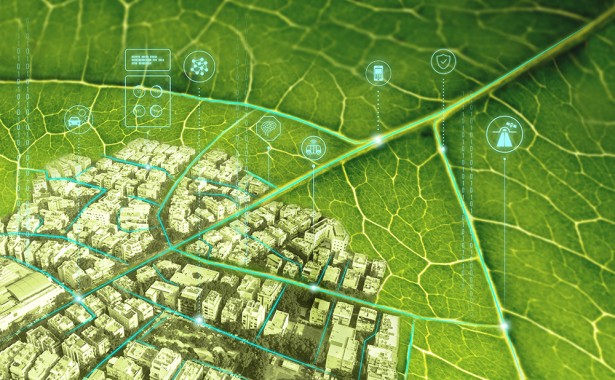How Siemens Mobility Solutions reduces environmental impact
First published in Intertraffic Innovation News - May 26, 2020
 Environmentally sensitive traffic management needs a holistic approach to function so Siemens Mobility is offering an extensive portfolio of different software and hardware solutions. Each of these products helps communities to proactively manage urban and freeway traffic and considerably reduce environmental impact.
Environmentally sensitive traffic management needs a holistic approach to function so Siemens Mobility is offering an extensive portfolio of different software and hardware solutions. Each of these products helps communities to proactively manage urban and freeway traffic and considerably reduce environmental impact.
Siemens Digital Services provides all elements required for the preparatory phases, from consulting and IoT data integration, to management systems and data analyses. This enables cities, regional authorities and logistics hubs to manage their traffic flows with the mobility operating system – MobilityOS. The system includes control elements for traffic signals, scenario management and coordination elements, simulation models, tolls and tolling systems, data integration tools, analytic and diagnostic apps, and more.
An example of environmentally friendly solutions from Siemens Mobility is ticketing systems, as already in operation in London. Here, traffic is regulated by the so-called London Congestion Charge. Driving in the UltraLow Emission Zone (ULEZ) of the city centre costs up to e28. The price consists of a toxicity charge and a congestion charge. The latter applies only on weekdays in the period from 7am to 6pm. Drivers of EVs pay only the congestion charge.
In Germany, Wiesbaden takes a different approach. Here, measured fine particulate matter values determine which streets are closed, or whether traffic is diverted into less polluted areas. This enables the city to manage traffic flow in real-time on the basis of measured data. Successful operation of this initiative involves a system of traffic signs and signals that can be centrally controlled.
Companies in this article
Siemens Mobility











